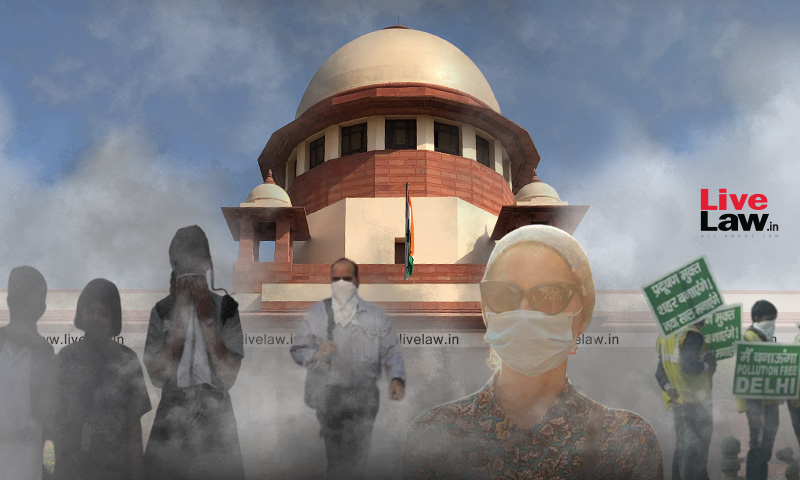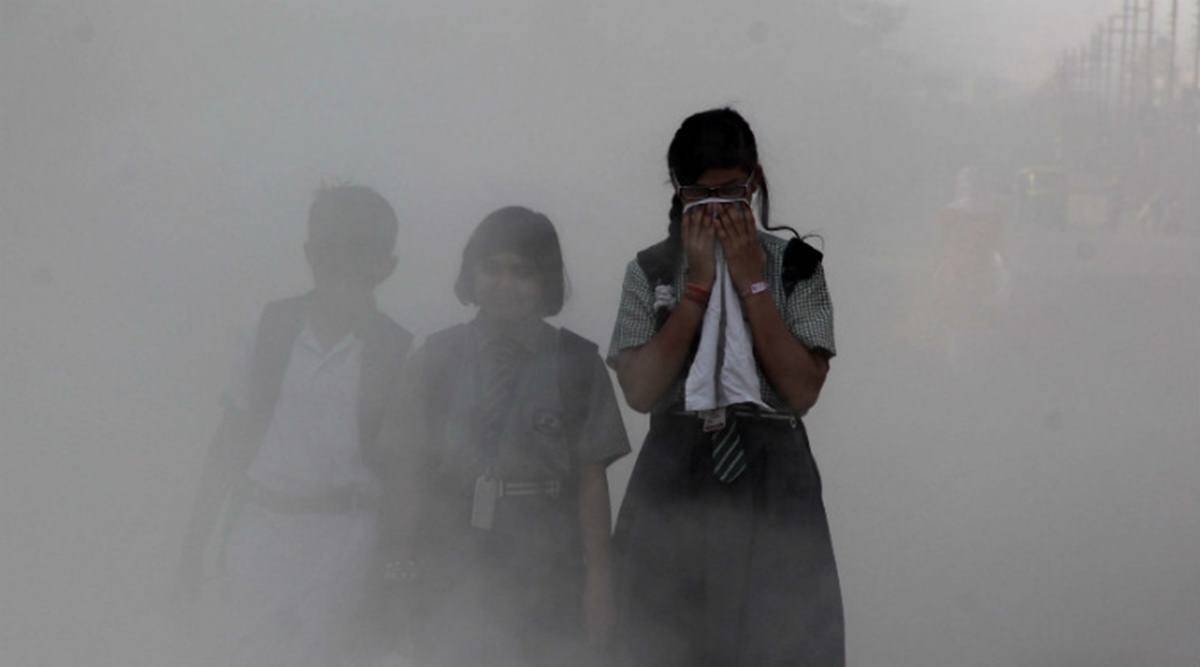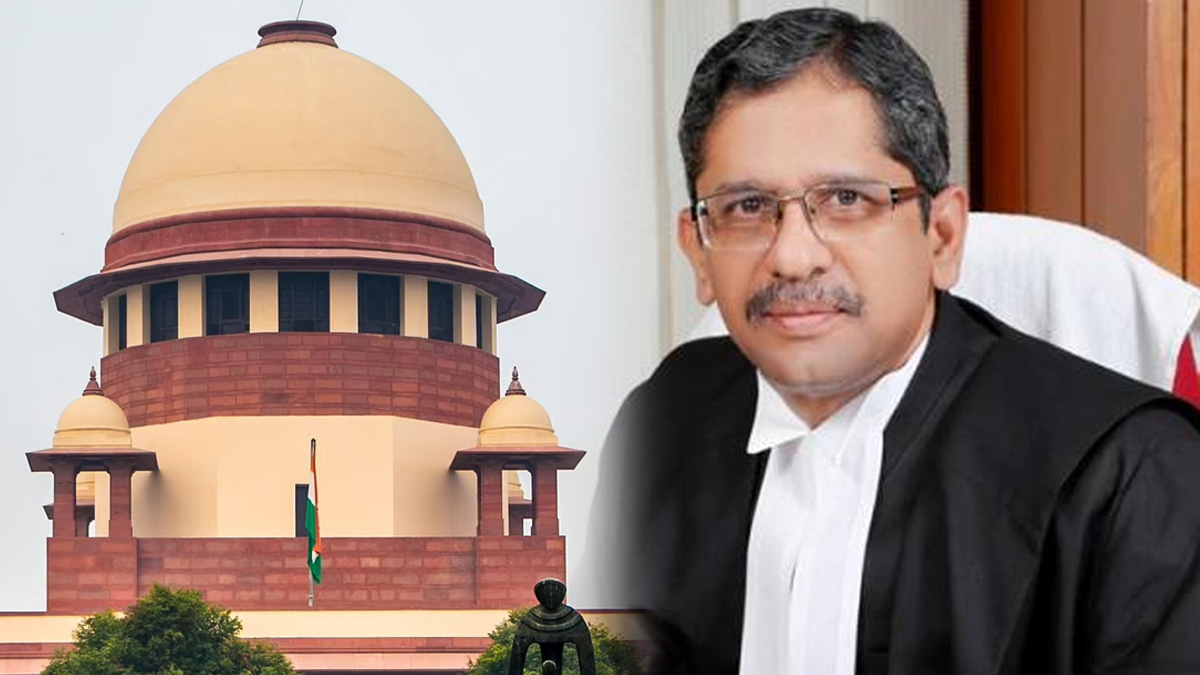
The Supreme Court of India heard a plea in deteriorating air quality. It directed the Centre to take necessary steps to curb further damage to the air quality and sought a reply from Delhi Government on actions taken in that direction.
The concentrations of PM10 and PM2.5 particles clocked at 267 (‘poor’ category) and 143 (‘very poor’ category), respectively.
The Commission for Air Quality Management (CAQM), in its meeting on 13th November, emphasized crucial points in the wake of deteriorating air quality, including laying a detailed plan of action to bring down air pollution levels significantly.
They also came out to prevent rising air pollution and the depreciating air quality is becoming a significant concern off lately.
Today morning (Monday 15th November), the pollution level in Delhi NCR made the air quality stand in the category “very poor”, with an overall Air Quality Index (AQI) of 342. Native measures must be followed by the various concerned agencies.
Arwind Kejriwal led the Aam Aadmi Party (AAP) initiated in the Supreme Court today (15th November) that they are ready to implement a complete lockdown in the national capital to reduce pollution levels.
To this, Supreme Court has replied that “Such a step (complete lockdown) will be meaningful if it is implemented across the NCR areas in neighboring states.”
However, the focus of the Court was clearly on emergency mitigation to control local sources of pollution, asking the Centre and the states to focus on curtailing activities such as construction, traffic, industries, and power plants.
What’s being done?

Given the present condition, the government has ordered closing the of schools, colleges, and other educational institutions for at least a week while also considering the imposition of a full-fledged two-day lockdown in Delhi and the NCR region.
Last week, Deputy Chief Minister Manish Sisodia said, “All schools, colleges, and educational institutes in Delhi will remain shut next week as pollution levels hit emergency level.”
Also, government offices have been asked to operate through Work From Home (WFH) mode at a capacity of 100% minimum-till Wednesday (17th November). The private companies were also advised to undertake the same means of working from home to control as much vehicular pollution as possible.
Following this, all construction and demolition activities have also been wholly shut till Wednesday. The Supreme Court listed significant causes that pollute the air- dust, heavy vehicular/traffic pollution, and industrial emissions.
Who to Blame?

The meeting at the Supreme Court witnessed a minor argument between the Chief Justice of India, Surya Kant, and lawyer Rahul Mehra.
The CJI questioned the lawyer by asking him to provide the details of all the drastic measures that have been taken by the Delhi Govt to which Rahul Mehra replies, “the Municipal Corporation would have to take necessary actions”.
The CJI immediately backfired and said that the municipal corporation should not be blamed here and that he should not try to take the responsibility off his shoulders by putting it over others. In the ongoing tussle, the CJI said, “You are only passing the buck.
Your lame excuses will force us to hold an audit of the revenue you are earning and spending on popularity slogans. People are suffering and you are not bothered,”.
The Court also reiterated that strict preventive measures must be taken at the very earliest. Instead of spending hugely on slogans, a plan needs to be carved out to outline solutions to the problem effectively.
The bench directed the Government of India to hold an emergency meeting to discuss the problematic factors and initiate timely efforts for the implementation process. Also pointing to stubble burning as another factor contributing to the increase in pollution, the Supreme Court requested the concerned states of Punjab and Haryana to ask farmers not to burn stubble for the next two weeks.
The CJI expressed disappointment over people acting irresponsibly and not cooperating in enumerating various steps to reduce the problem. Further, the CAQM Commission reiterated the need for extra vigilance and concerted measures in multiple sectors that adversely impact air quality.












